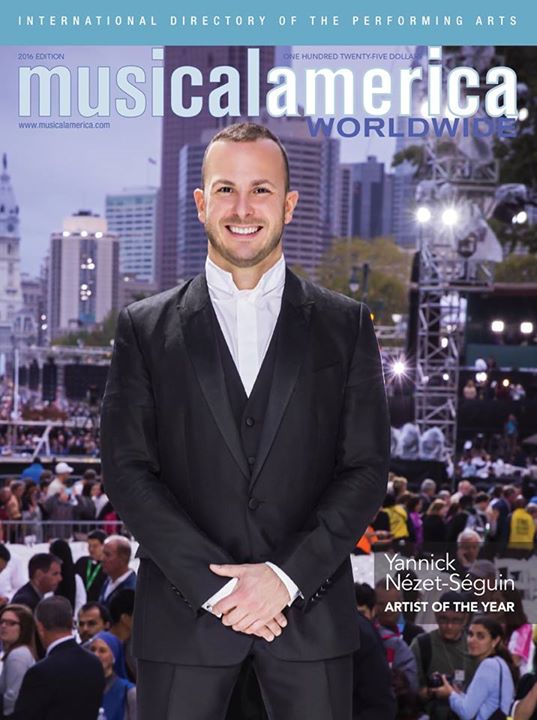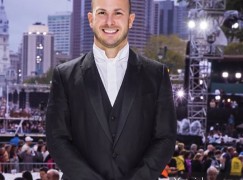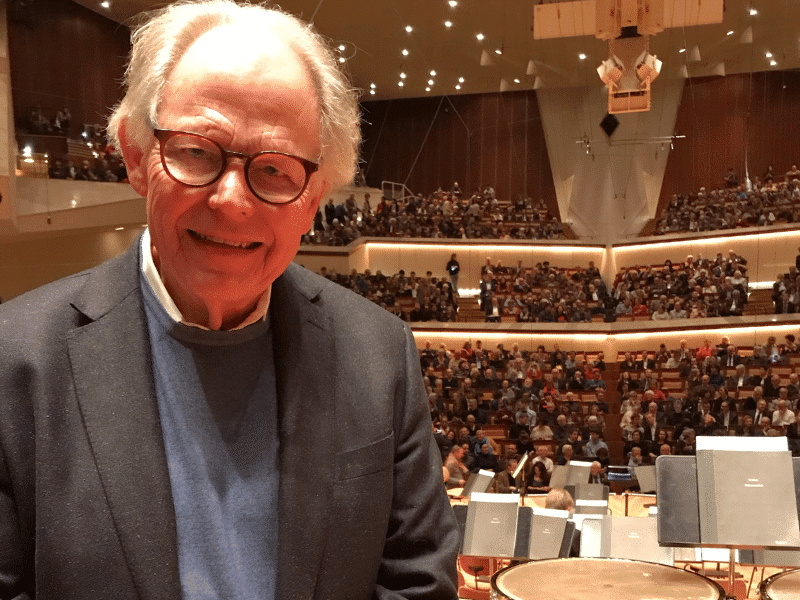Yannick Nézet-Séguin and vocal technique – the row resumes
mainYou may recall that we posted a video from a Youtube channel called ‘This is Opera’ which contained some unflattering comments and demonstrations of the expertise of the Met’s music director in vocal technique. The post attracted 143 heated comments.
After a couple of days, both the original clips and the video’s comments (though not SD’s) were deleted, presumably under some form of pressure.
Nevertheless, the eruption touched a chord.
Now the doyen of opera critics Conrad L. Osborne has weighed in, and at impressive length, on the subject.
Conrad writes: The inconvenient thing, though, is that slapdash and rash though they sometimes are, “This Is Opera’s” arguments are, broadly speaking, correct….
With this as cautionary background, let me turn to the work of Nézet-Séguin with the Juilliard singers, all striving for the best without greatvoiced models before them…
Read here.







Comments